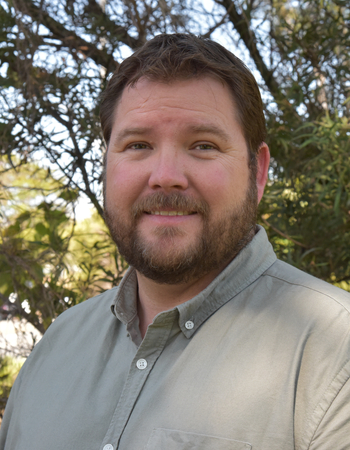FlexiSpace
Description
This study investigated a school-based FlexiSpace alternative education program to determine in what ways it met the learning needs of young people in transitioning from primary to secondary school. Both students, parents, and staff took part in identifying features of the program that have supported re-engagement in learning and how the program has helped students in building their confidence as learners.
Impact Statement
The FlexiSpace initiative offers a promising, evidence-based approach to address the persistent challenge of declining student engagement during the critical transition from primary to junior secondary school. This study's findings highlight the significant positive impact of smaller class sizes, strong student-teacher relationships, and a focus on developing positive learning dispositions on student engagement. By demonstrating the effectiveness of this bespoke model, this research provides valuable insights and practical strategies that other schools facing similar middle school transition challenges can adapt and implement. The identification of these key factors offers actionable levers for educators and policymakers seeking to improve student outcomes and create more supportive and engaging learning environments. Furthermore, the study's critical examination of flexible learning models and the concept of "deschooling within schools" prompts important discussions about innovative pedagogical approaches and the future of secondary education, potentially influencing the design and implementation of learning spaces and educational programs beyond the participating school.
Lead Partners
Queensland Department of Education FlexiSpaces program
Project Lead
Dr Corey Bloomfield

Dr. Corey Bloomfield is the Lead Researcher for the CREATE cluster, LIFEE - Learning and Innovation for Equity in Education. His research focuses on student engagement, educational transitions, online learning, and equity in education. His research employs qualitative methodologies, including critical ethnography and critical participatory action research (CPAR), to enhance educational outcomes for young people who are often marginalised or labeled as vulnerable learners, particularly those in regional, rural, and remote communities.
SDG Goals
At CQUniversity we are committed to embedding sustainable practice in our operations, interactions and relationships underpinned by the United Nations Sustainable Development Goals. Sustainability is on of our strategic pillars within our Strategic Plan 2024-28.
This project aligned with the following SDG Goals:
4 - Ensure inclusive and equitable quality education and promote lifelong learning opportunities for all.
